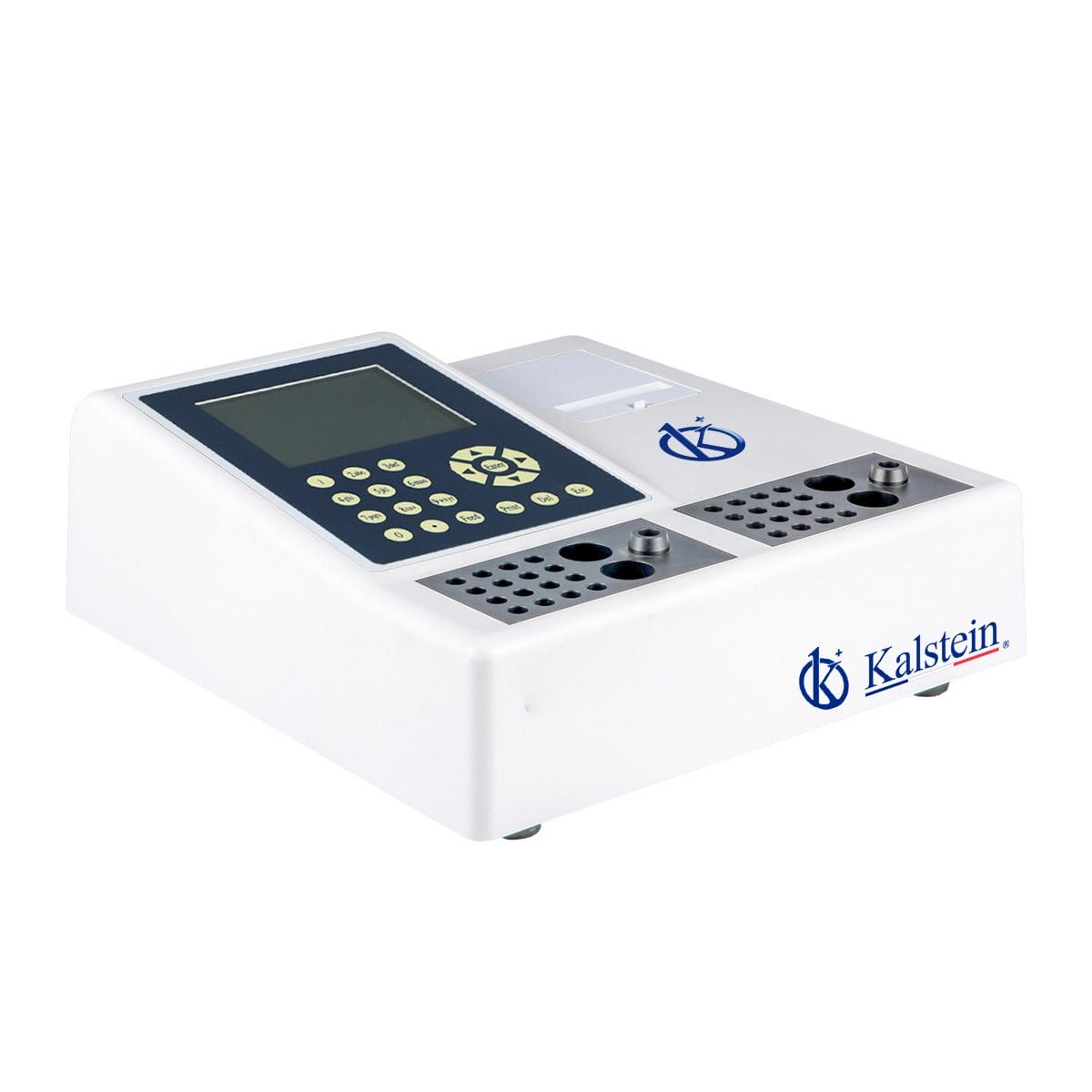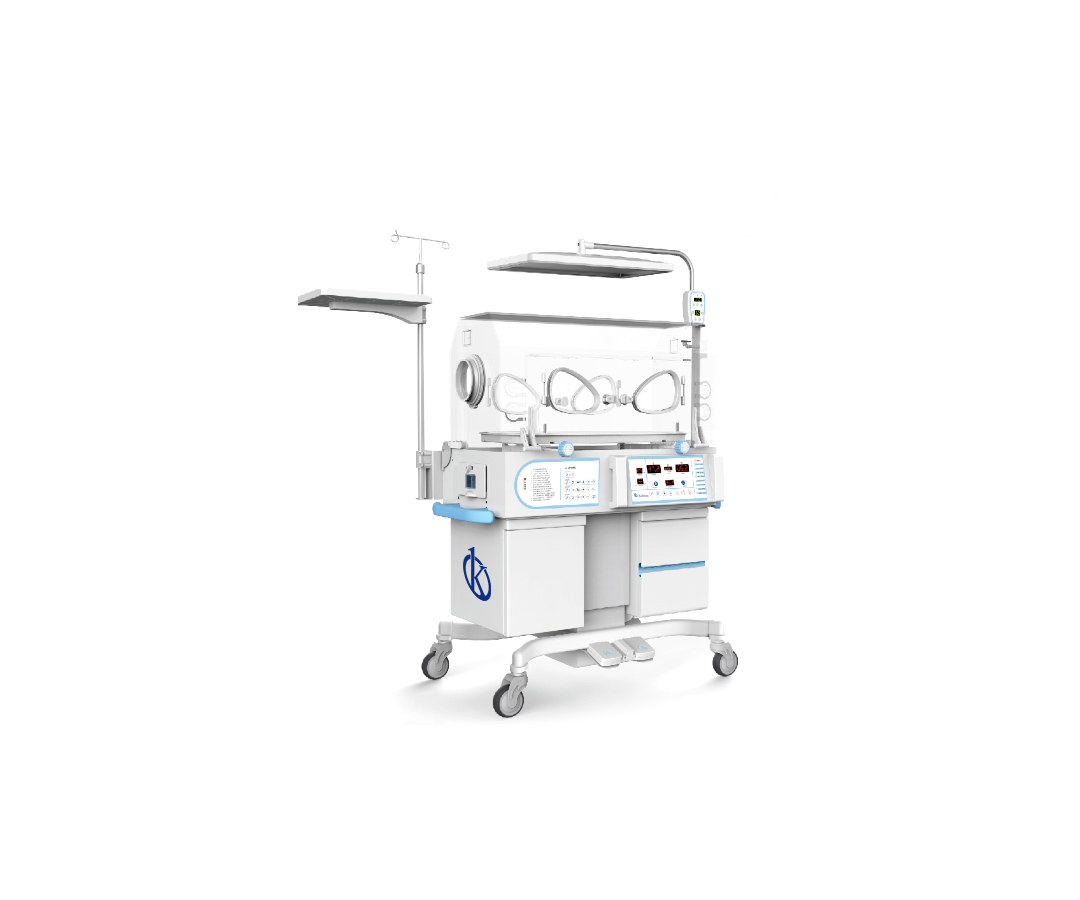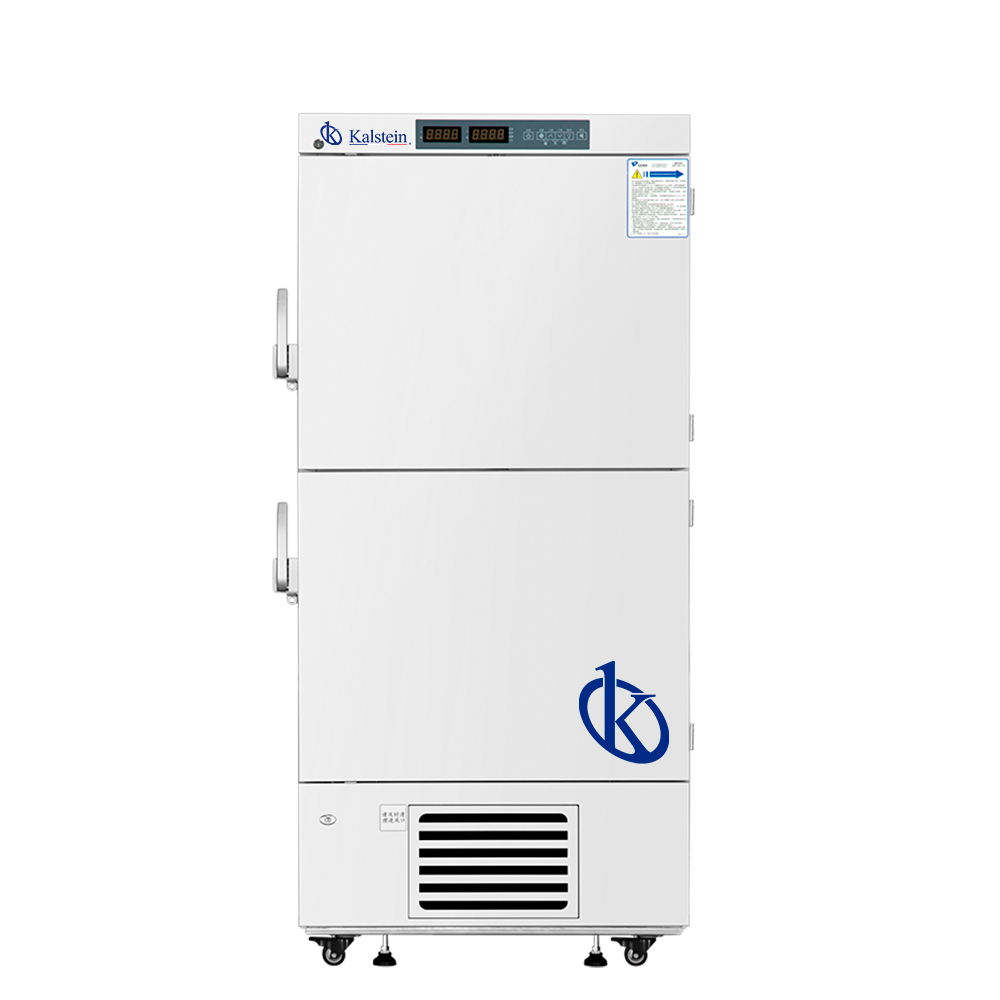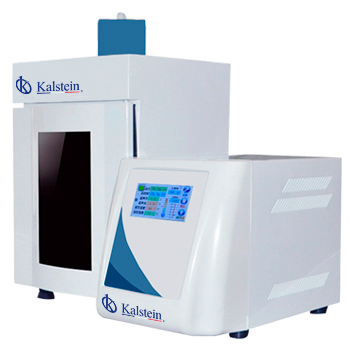The Revolutionary Impact of Ultrasonic Veterinary Cleaners by Kalstein

Ultrasonic Veterinary Cleaner, Brand Kalstein In the ever-evolving field of veterinary medicine, innovations that enhance the efficiency and efficacy of procedures are invaluable. Among such breakthroughs, the Ultrasonic Veterinary Cleaner by Kalstein stands out as a game-changer. This remarkable tool is not only a technological marvel but also a vital asset to veterinary professionals worldwide. […]
Revolutionizing Neonatal Care: The Innovative Infant Phototherapy Incubator by Kalstein

Infant Phototherapy Incubator by Kalstein In the world of neonatal care, precision and reliability are incredibly vital, and that’s precisely what the Infant Phototherapy Incubator from Kalstein provides. As someone who has had the opportunity to experience these devices firsthand, I can attest to the exceptional integration of phototherapy and incubation functionalities. Kalstein has consistently […]
Exploring the World of Kalstein Analyzers: Advanced Tools for Modern Laboratories

Analyzers, Brand Kalstein The world of laboratory technology constantly evolves, introducing state-of-the-art instruments designed to enhance accuracy and efficiency in research and diagnostics. One such innovative product line is the Analyzers offered by the renowned brand, Kalstein. Over the years, Kalstein has cemented its reputation for providing reliable, high-quality laboratory solutions, and their analyzers are […]
Comparative Analysis of Standing Deep Freezer YR05098 by Kalstein and Standing Freezer TSX2305SA by Thermo Scientific

In the demanding world of laboratory equipment, selecting the right freezer is crucial. Two formidable contenders in this space are the Standing Deep Freezer YR05098 by Kalstein and the Standing Freezer TSX2305SA by Thermo Scientific. Each of these products boasts features aimed at optimizing performance in laboratory settings. In this article, we delve into a […]
Zoom Stereo Microscopes: Comparing Kalstein YR0246 // YR0248 and Motic SMZ-171

In the world of microscopy, choosing the right instrument is crucial for precise and efficient work. Two prominent models capturing attention in the market today are the Zoom Stereo Microscope YR0246 // YR0248 from Kalstein and the Stereo Zoom Microscope SMZ-171 from Motic. Both models offer unique features tailored to meet the diverse needs of […]
Advanced Ultrasonic Homogenizers: The YR05015 // YR05020 from Kalstein vs. UP400St from Hielscher

In the realm of laboratory equipment, ultrasonic homogenizers are indispensable for processing small sample volumes with precision and efficiency. This article examines two notable products in this category: the Kalstein Ultrasonic Homogenizer YR05015 // YR05020 and the Hielscher UP400St. Both products are renowned for their capabilities, but subtle differences may significantly influence your choice based […]
Guselkumab Shows Promising Results in Crohn’s Disease Treatment, Surpassing Current Standards

Introduction to Guselkumab’s Breakthrough In a significant development for Crohn’s disease patients, researchers at Mount Sinai Health System have discovered that guselkumab, a medication with a novel mechanism for treating inflammatory bowel disease (IBD), has outperformed existing treatments in promoting intestinal healing and alleviating symptoms. This advancement offers new hope for those struggling with this […]
Revolutionary Phenol-Enhanced Lipids Pave the Way for Safer, More Effective mRNA Vaccines

As millions of individuals have experienced, the most common side effect of mRNA vaccines, such as those for COVID-19, is inflammation, which manifests as soreness, redness, and a brief period of malaise. However, what if mRNA vaccines could be re-engineered to completely avoid this response? In a groundbreaking study published in Nature Biomedical Engineering, researchers […]
Breakthrough mRNA Vaccine Shows Promise for Universal Cancer Immunotherapy

Introduction to the Groundbreaking Study In a significant advancement in cancer research, scientists at the University of Florida have developed an experimental mRNA vaccine that enhances the tumor-fighting capabilities of immunotherapy. This innovative approach, tested in mouse models, marks a crucial step towards creating a universal vaccine that can activate the immune system to combat […]
Scar Tissue in Older Endurance Athletes’ Hearts Linked to Increased Risk of Dangerous Arrhythmias

Introduction A recent study published in the journal Circulation: Cardiovascular Imaging has revealed a concerning link between scar tissue in the hearts of older male endurance athletes and an increased risk of dangerous cardiac rhythms. This research, conducted by the American Heart Association, highlights the potential for sudden cardiac death in this demographic, emphasizing the […]
